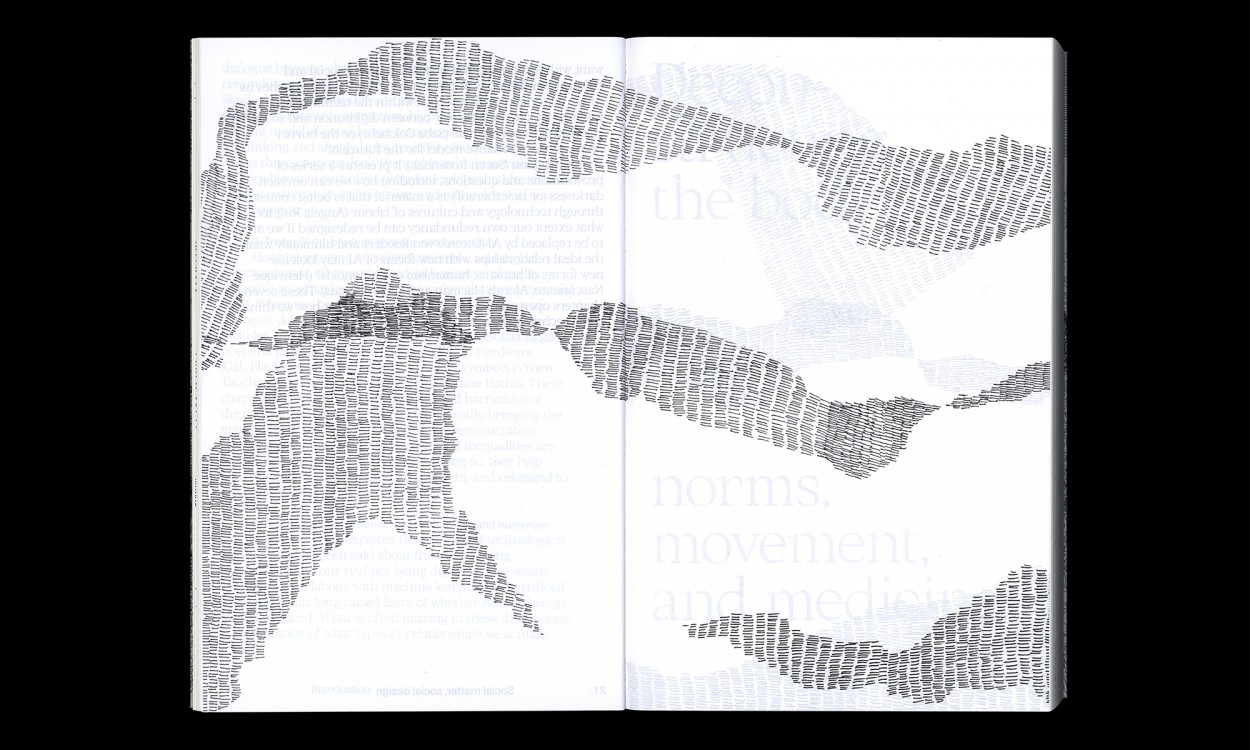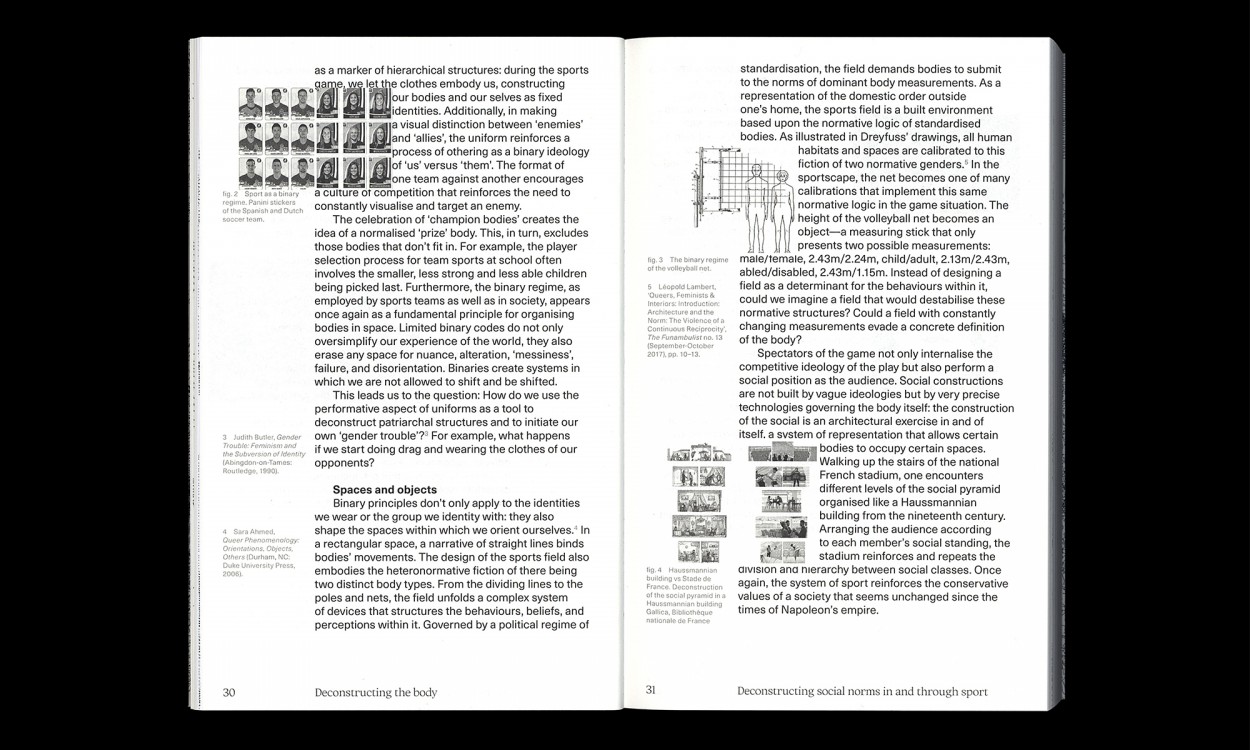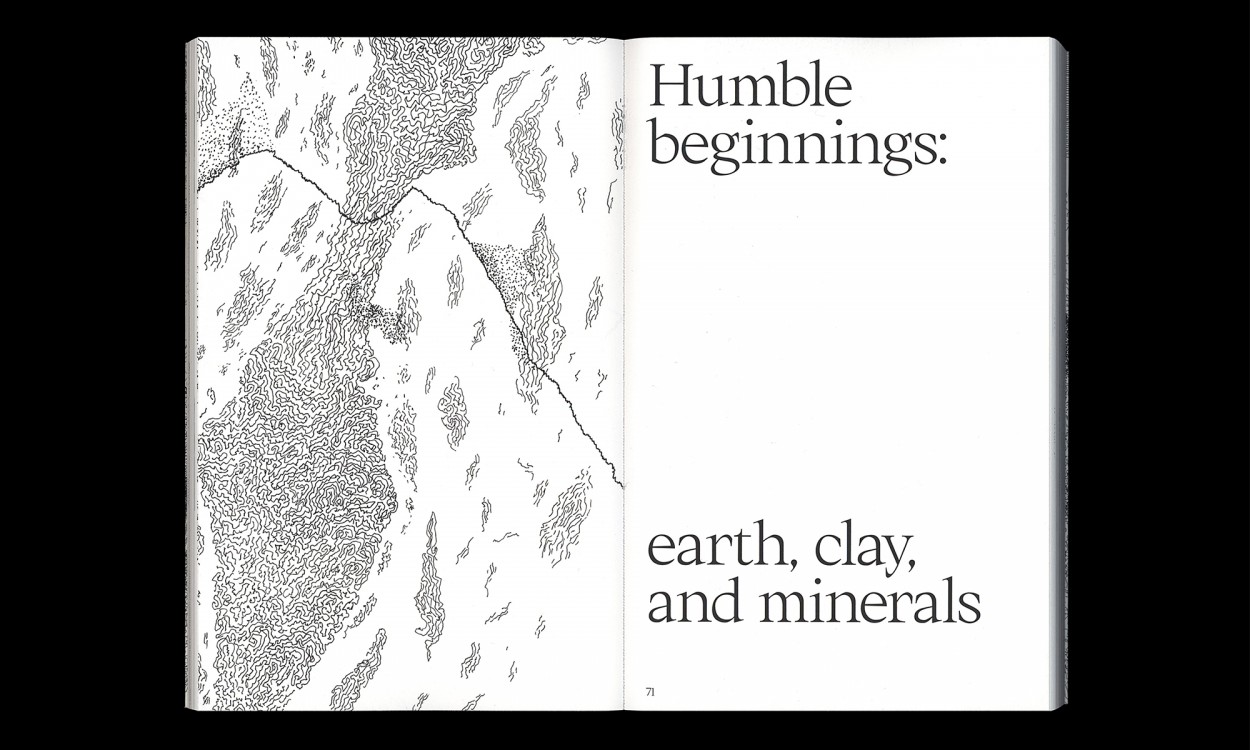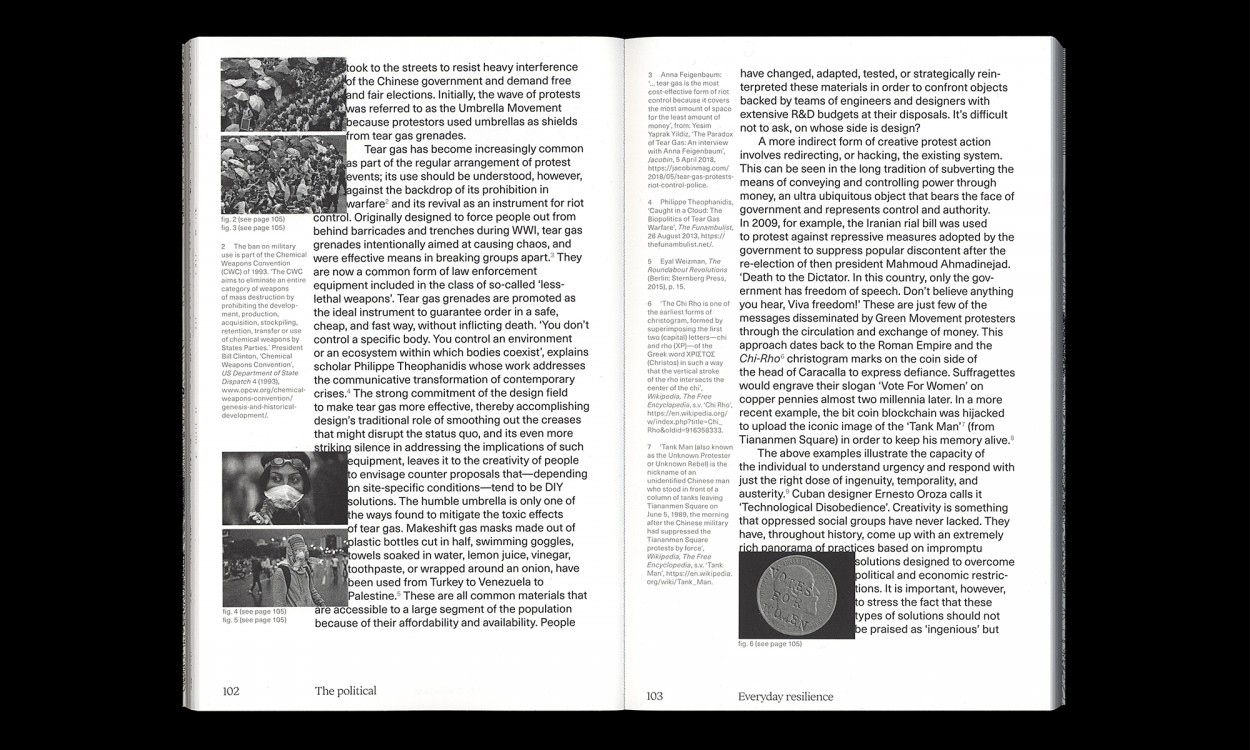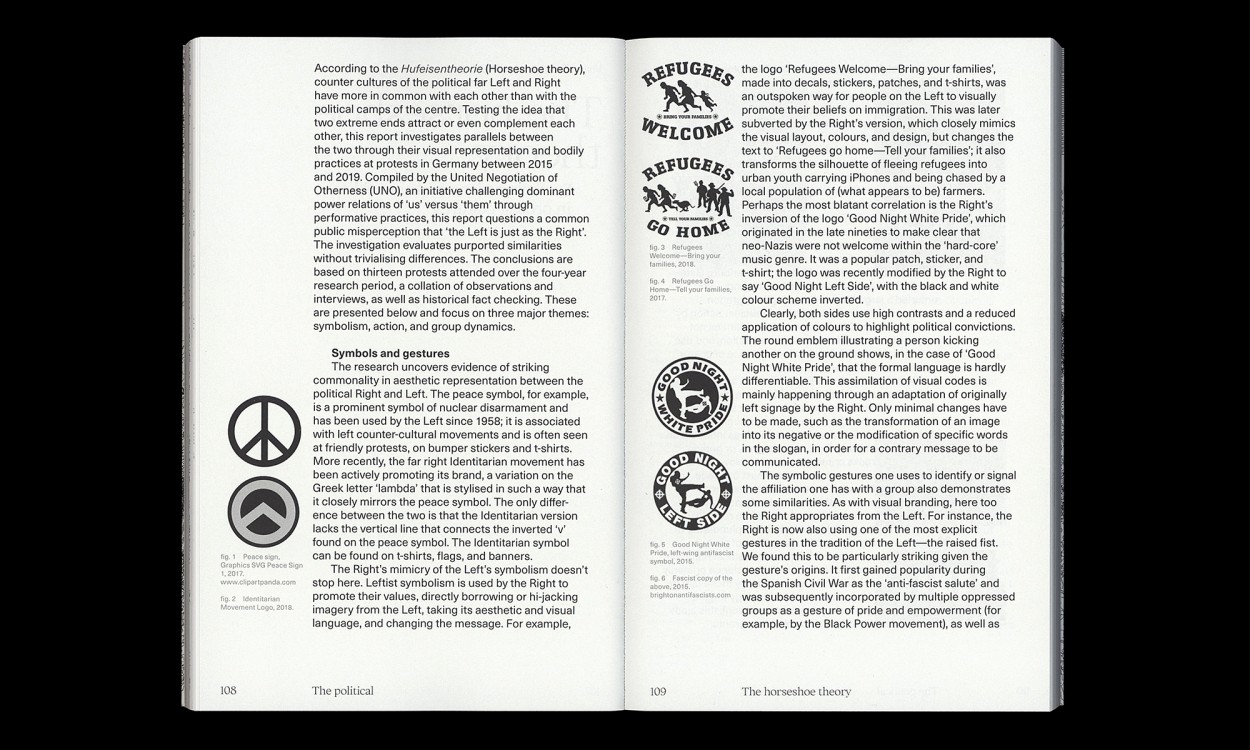Social Matter, Social Design
For good or bad, all design is social
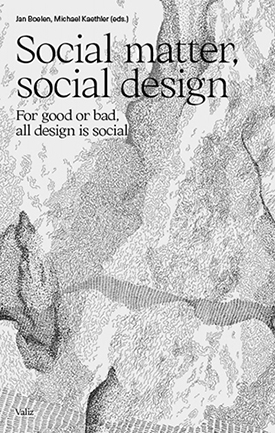
UNAVAILABLE
‘Design is a social discipline. Once we acknowledge that the material and the social are entangled, any romantic illusion (or delusion) about design as mere form-giving is washed away. Once we recognize that things have presence and agency within the social systems we inhabit, no designer can be absolved from the consequences of their design. This is a strong book, inexorable in attributing designers responsibility, but also adamant in recognizing their growing power and their ability to wield objects as weapons for positive change.’
Paola Antonelli, Senior Curator, Architecture & Design, The Museum of Modern Art, New York
Editors: Jan Boelen & Michael Kaethler
Contributors: Jonas Althaus, Stéphane Barbier Bouvet, Mariangela Beccoi, Ellie Birkhead, Gali Blay, Jan Boelen, Nadine Botha, Pablo Calderón Salazar, Marianne Drews, Brecht Duijf, Anastasia Eggers, Gabriel Fontana, Saba Golchehr, Alorah Harman, Dick van Hoff, Michael Kaethler, Eric Klarenbeek, Kuang-Yi Ku, Gabriel .A. Maher, Henrique Nascimento, Elisa Otañez, Ottonie von Roeder, Søren Rosenbak, Angela Rui, Vera Sacchetti, Noud Sleumer, Vivien Tauchmann, Henriette Waal
Design: Wibke Bramesfeld and Billy Ernst
2020, Valiz | Research supported by Creative Industries Fund NL | In collaboration with Design Academy Eindhoven | 240 pp. | paperback with flaps | English | Size: 22 x 14 cm (h x b) | ISBN 978-94-92095-84-8 | € 19,90
Jan Boelen is a curator, educator and researcher in art and design. His curatorial and research practice is focused on reinventing design in order to reinvent the individual, society, and its various structures. He has been the head of the Master’s department of Social Design at Design Academy Eindhoven (NL) since 2010. In 2019, Jan was elected as the New Rector of Karlsruhe University of Arts and Design (HfG). He is the artistic director of Atelier Luma, an experimental laboratory for design in Arles, France; curator of the 4th Istanbul Design Biennial (2018) in Istanbul, Turkey; and former (till 2019) artistic director of Z33 House for Contemporary Art in Hasselt, Belgium. Jan also serves on various boards and committees including the advisory board of the V&A Museum of Design Dundee (UK) and Creative Industries Fund (NL). He holds a degree in product design from the Media and Design Academy (now the LUCA School of Arts) in Genk, Belgium.
Michael Kaethler is a sociologist of design whose work focuses on the transmission, production and embodiment of knowledge in art and design oriented practices. He has held a range of diverse positions, from human rights researcher, curator, design educator, and writer, resulting in a broad range of publications across both scientific and practice-oriented literature. He holds a PhD in Architecture, an M.Eng in Human Settlements, and an MA in Slavonic Studies. Michael has been the Theory and Writing mentor for the Social Design Master’s at the Design Academy Eindhoven (NL) since 2015 and is an affiliate researcher in the Planning and Development (P&D) unit of the Department of Architecture, KU Leuven (BE). He is based in Italy where he experiments (and often fails) with agricultural projects.
‘When you start to deconstruct or question design, all sorts of questions emerge: How does design affect our behaviour, our use of resources, our choices and freedoms to participate in social, political or economic decision-making, and the extent to which we feel we have agency over our lives?’
— Jan Boelen in conversation with Michael Kaethler
Social matter, social design challenges the way we look at, think of, and interact with the social world by emphasising the role of materiality. This enlarged field for engagement demands that design incorporates a more nuanced and complex reading of how the social is intertwined with the material, which confronts the often reductive or simplistic notion of ‘social design’, and offers novel forms of critical and meaningful engagement at a time of mounting social contradictions.
The essays in this book explore and unveil uncanny, disconcerting or discordant connections, bricolages, assumptions or breaches at critical junctures for transformation. They are centred around four major themes: the body; earth; the political; and technology.

